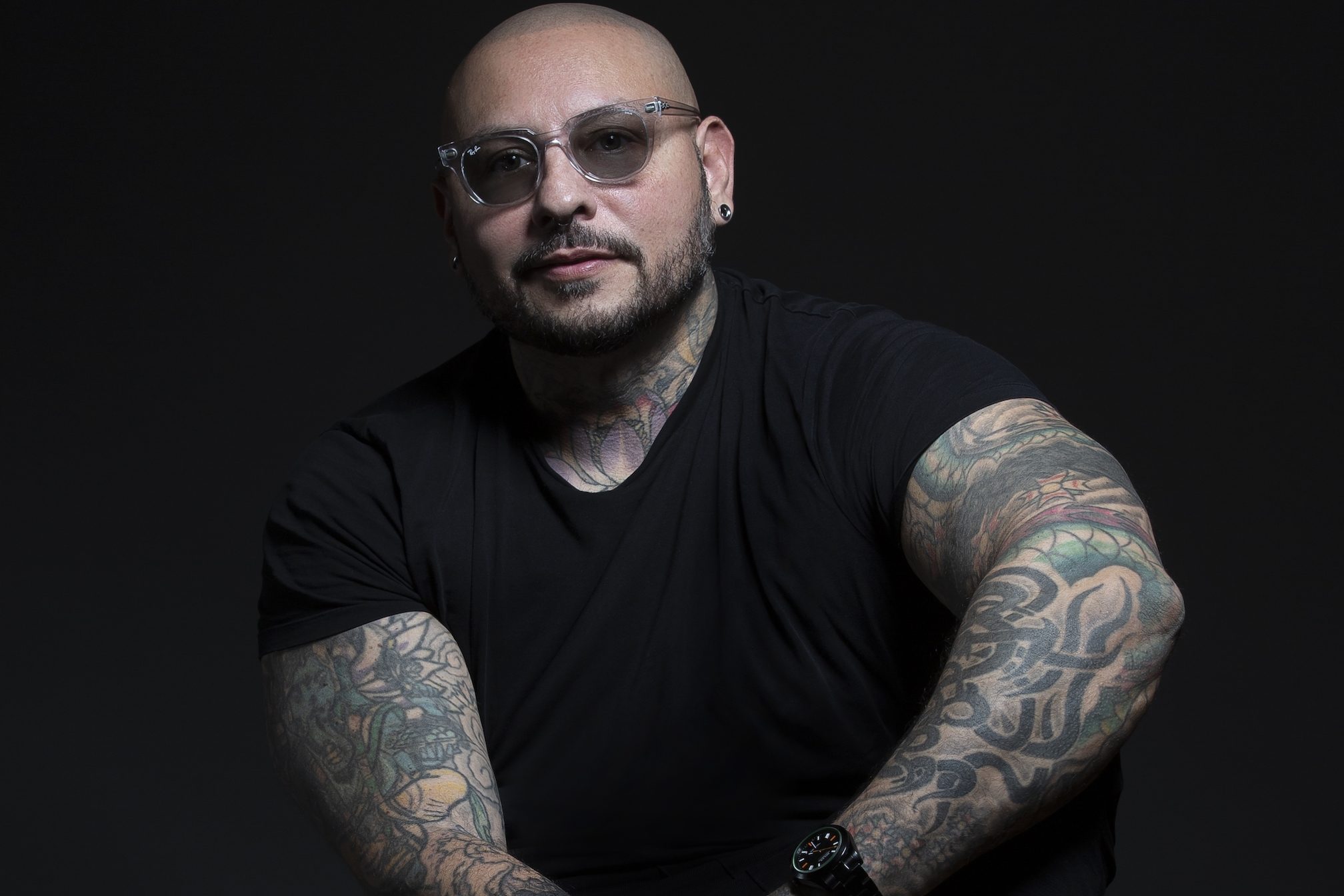 Cover Story
Cover Story
Joeski and House Music: a journey through passion, legacy, and innovation with this american iconic artist
From the beats of New York to the global stage; we delve deep into the musical journey of Joeski, the leader of the renowned Maya Records
“To be honest, my passion for music has never been driven by the allure of fame or the glimmer of the spotlight. It has always been about the artistry and the ability to captivate an audience, to create an atmosphere that beckons movement and elicits pure joy”. With just this statement, you can already sense the true and profound love that American DJ and producer Joeski has for electronic music.
He is one of those select artists who has surpassed the 30-year mark in his career and, despite experiencing many trends and transformations in the industry, remains true to his roots and essence. This undoubtedly helped him reach the prominent position he holds today as one of the icons in the history of House Music.
His first experiences with DJing date back to the late 80s when he was still hosting parties in Queens, New York. It was in 1992 that he truly entered the rave circuit and solidified his name in the after-hours scene known as Save the Robots.
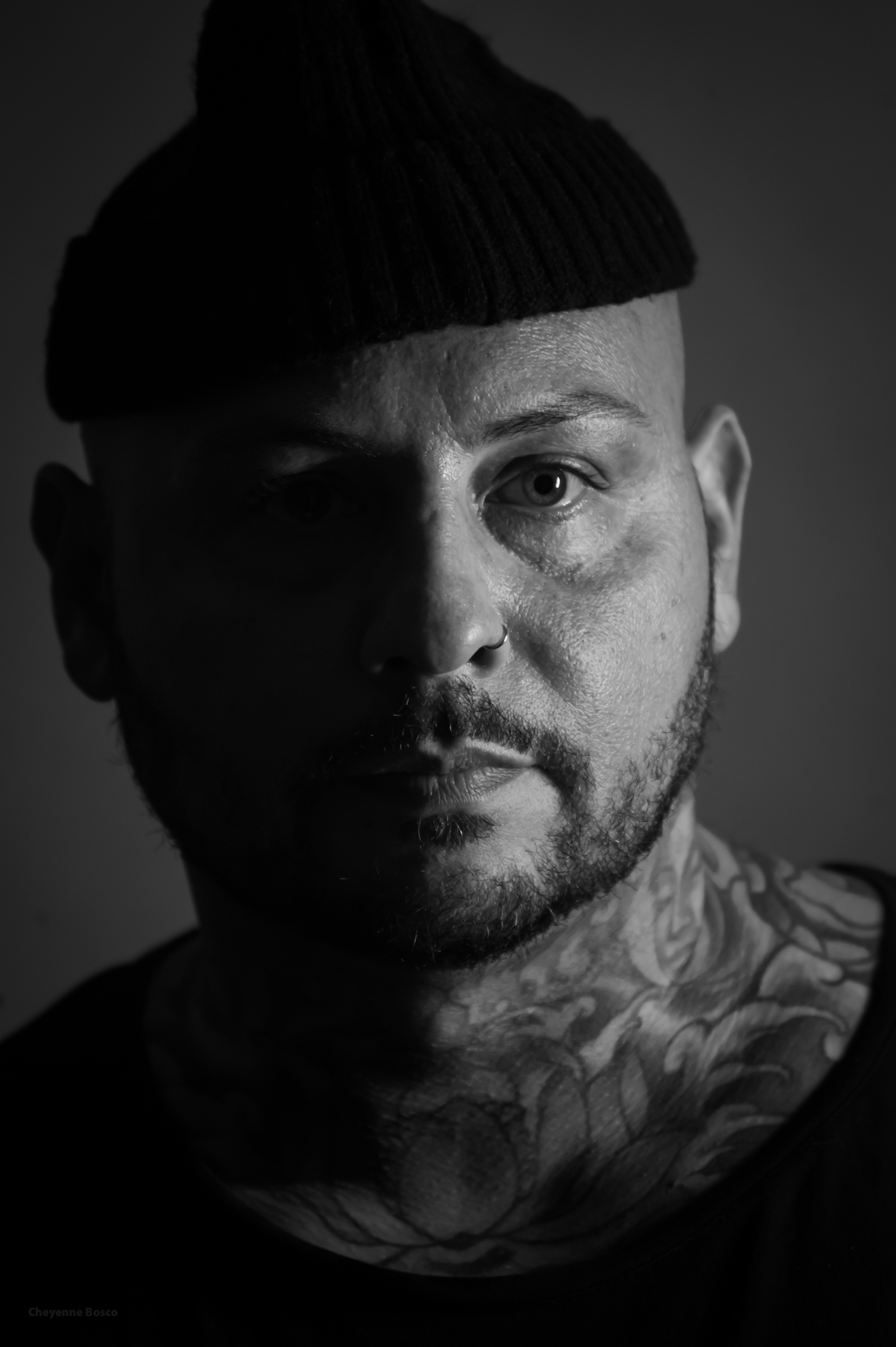
"It was during these long sets, where time ceased to exist, that I honed my skill of guiding and engaging the audience, creating a musical experience that transcended mere entertainment", he recalls.
In the late 90s, he began venturing into music production, paving the way to establish the legendary Maya Records, still active today and which even earned an exclusive mix played by Carl Cox featuring tracks solely from the label. "Having Carl Cox dedicate an entire program to my label was truly an honor".
Currently working on a new album with a diverse sound, set to be released by Crosstown Rebels, Joeski simply hopes that his music can continue to make people dance with smiling faces, inspiring future generations. Just like this interview, our first of 2024, should inspire you, whether you are an artist or a fan.
Enjoy the conversation below:
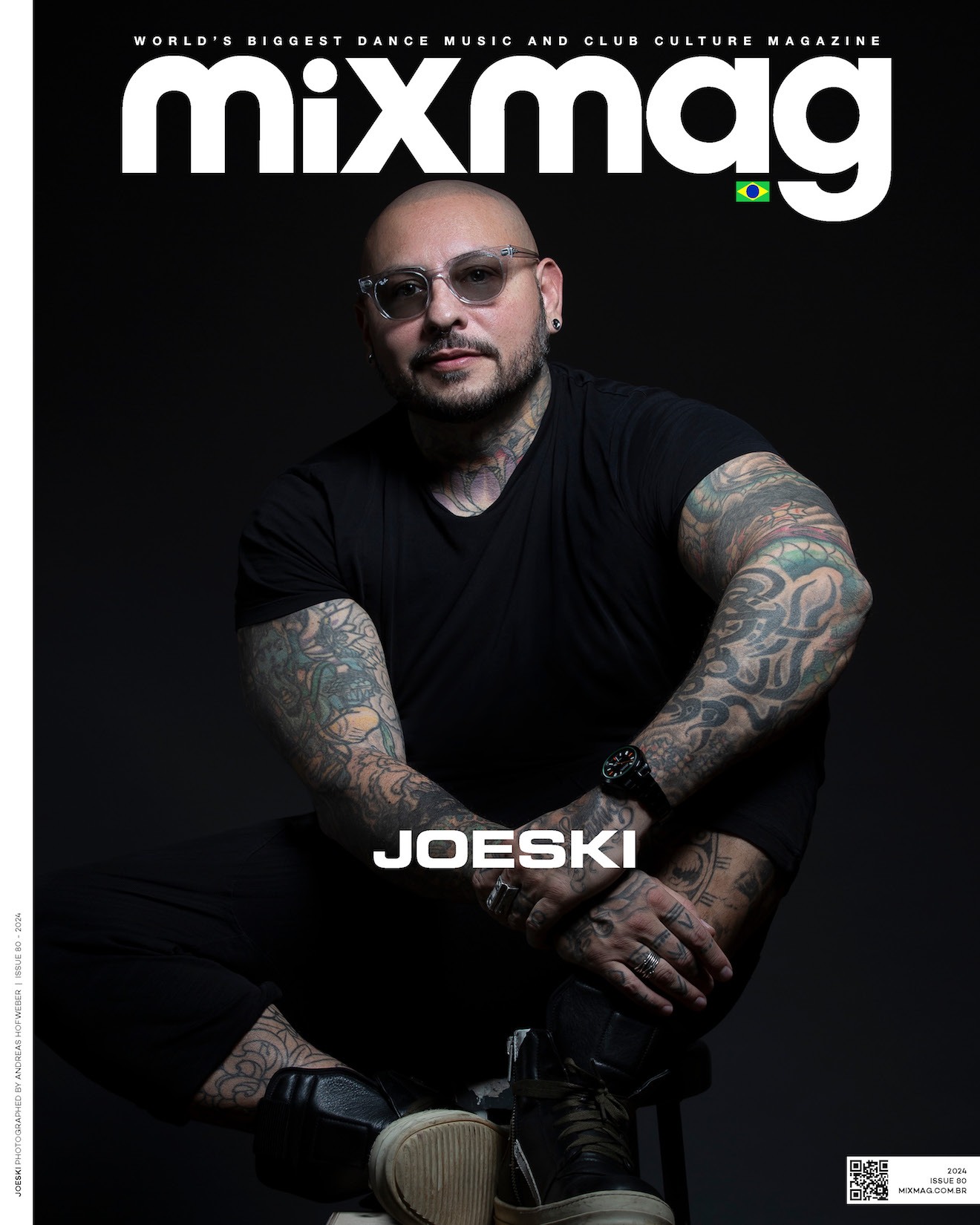
Hello, Joeski. It's a pleasure to have you. You emerged in the early '90s as a founding member of The Chocolate Factory DJ collective, but there isn't much information available about it. Could you share more details about who comprised this collective and what its philosophy was?
Thank you for having me. I’m looking forward to this talk.
We didn’t have today’s technology to properly document the days of the Chocolate Factory. The Chocolate Factory, which originated from a collective I founded with my girlfriend Heather Summerfield, and later on went on to be managed by Carlos Da Fonseca, featured talented artists such as Onionz, Sameer, and Ryde.
Our vision was to form a group of DJs who would perform together and create a unique musical experience. Inspiration for this concept came from San Francisco's Wicked crew, who had established themselves as a prominent collective on the West Coast.
Motivated by their success, I began organizing events in New York that quickly gained momentum and resonated with the audience. The positive reception and energy at these events was contagious, leading to a growing fan base.
As our popularity soared, we embarked on a journey together, traveling across the United States and immersing ourselves in the rave scene. It was an exhilarating time, filled with memorable performances and shared experiences that shaped our musical identities.
Though those days may not have been extensively documented, the impact and influence we had on the rave culture during that era remains a cherished part of our collective history.
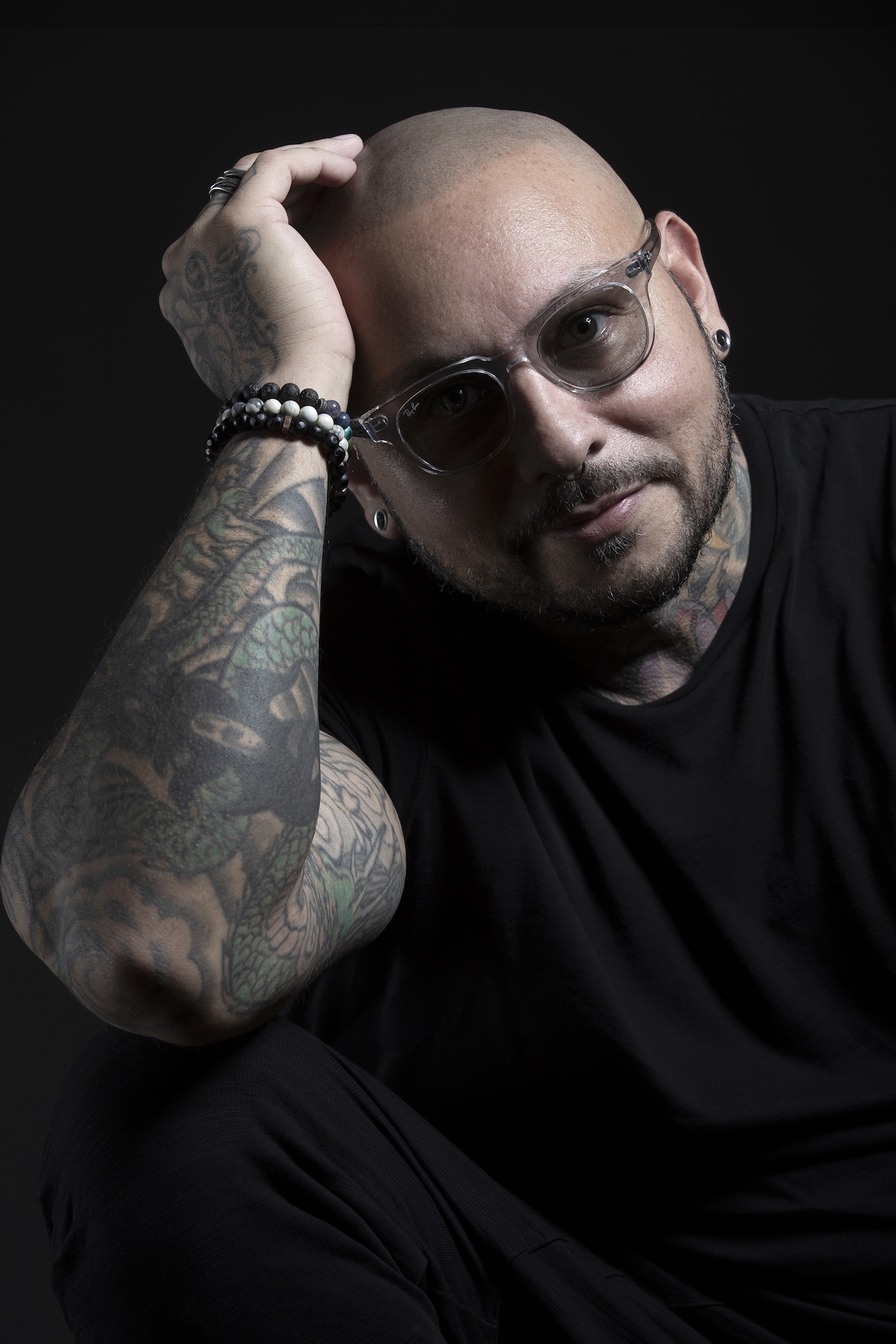
“My passion for music has never been driven by the allure of fame. It has always been about the artistry and the ability to captivate an audience”
We've noticed that one of your early and significant influences was Louie Vega and his performances at the iconic Sound Factory Bar. At what point did you realize you could be the next big star in House Music? Was there a specific residency that played a crucial role in this turning point?
To be honest, my passion for music has never been driven by the allure of fame or the glimmer of the spotlight. It has always been about the artistry and the ability to captivate an audience, to create an atmosphere that beckons movement and elicits pure joy.
Every Wednesday, like a devout disciple, I would find myself at the Sound Factory Bar, where the legendary Louie helmed the decks with unwavering authority. His ability to command the crowd through the robust sound system was nothing short of inspiring.
However, it was my involvement in the Save the Robots parties that truly had a profound impact on my journey. Serving as a resident DJ, Keoki extended an invitation for me to showcase my skills as an opening act.
Those parties possessed an almost mystical quality, commencing at the ungodly hour of 3AM and carrying on well into the afternoon. Initially slated for a three-hour set from 3AM to 6AM, the organic ebb and flow of the night often led me to extend my performance beyond the anticipated time frame.
Another pinnacle residency was at Tom Mello’s “Together” parties at The Roxy - New York City where many special memories were made playing with the best including Louie Vega and Danny Tenaglia. Always closing the night after these great artists was such a privilege.
Those experiences became my personal academy, a school of sorts. They endowed me with invaluable lessons in the art of commanding a dance floor and taking the crowd on an extended sonic expedition.
It was during those extended sets, where time ceased to exist, that I honed my ability to guide and engage the audience, creating a musical experience that transcended mere entertainment.
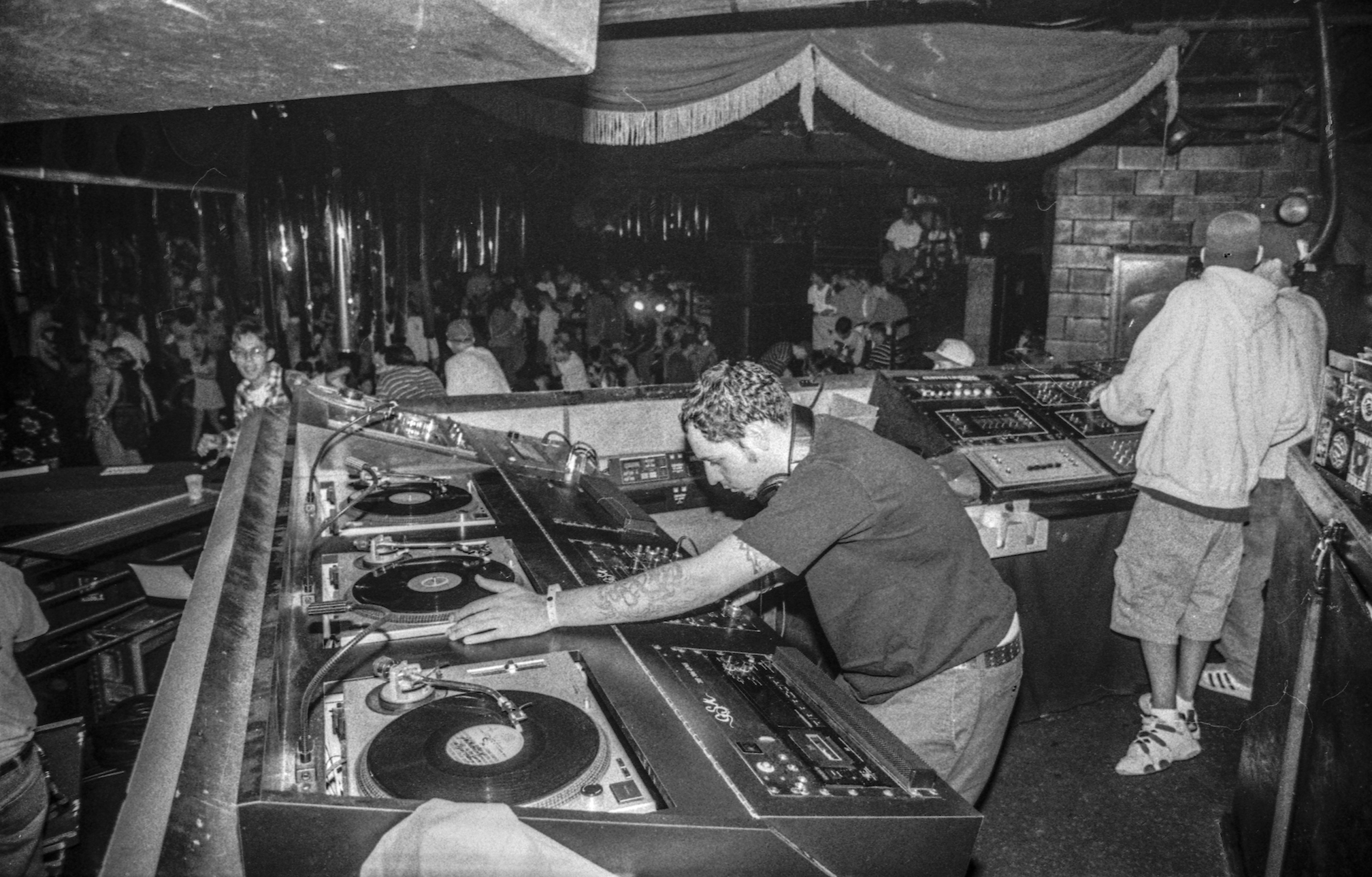
“Venturing into production proved to be an incredibly fulfilling experience. Witnessing crowd’s response to a track I had created was immensely satisfying”
In the late '90s, you began experimenting with music production. How was the process of adding production to your repertoire, and how did it impact your perspective on electronic music? Is there a track from the early days of this journey that holds a special place in your heart?
During the mid-'90s, there was a noticeable shift in the music industry where producers started gaining prominence as DJs. Consequently, DJ gigs became less readily available, prompting me to consider the next necessary step for my musical career. It became evident that moving forward meant delving into the world of production.
However, at that time, setting up a studio and creating music was an expensive endeavor. Nevertheless, I was determined to follow my dreams, so I diligently saved money from my gigs and received support from my wonderfully supportive mother. With these resources, I managed to piece together a modest studio setup.
Venturing into production proved to be an incredibly fulfilling experience. Witnessing the crowd's response to a track I had recently created was immensely satisfying. It was a gratification that encompassed both the creative process and its reception by the audience.
Among the numerous tracks that hold a special place in my heart, one that still resonates with me after decades is "When We Used To Play" by Blake Baxter, released on Detroit's esteemed Transmat imprint. This particular track has endured the test of time and remains a fixture in my DJ sets, evoking nostalgic memories and capturing the spirit of those early days with its timeless sound.
“Being inducted into Pete Tong’s Hall of Fame is undeniably a tremendous honor”
Maya Records emerged in 2001, now a legendary label in the scene. What was the experience of founding the label at that time, and how do you perceive its role in spreading U.S. House Music globally?
During that period, I found myself immersed in the creative process, producing an abundance of music. In search of an outlet to share and showcase my work, the concept of Maya Records came to fruition.
I teamed up with my good friend Chris Anastasi, who happened to own a prominent record distribution company in New York called Syntax. This partnership proved to be perfect, as it provided us with a solid and established distribution network.
With Syntax handling the distribution, we were able to press and distribute vinyl records in significant quantities. This was an advantageous position for me, as it allowed my music to reach a global audience. It was through Maya Records that I could effectively establish my name in the global music industry, gaining recognition and expanding my reach.
Notably, Carl Cox dedicated a two-hour mix exclusively to Maya Records tracks a few years ago. How did this collaboration come about? Do you have a close relationship with him?
Having Carl Cox dedicate a show to my label was truly an honor and a significant moment for the imprint. It was a testament to the recognition and respect Maya Records had garnered within the industry.
Carl Cox's team reached out to us with the concept, and naturally, we agreed without hesitation. It presented a wonderful opportunity for the label to showcase its music to a wider audience.
Carl Cox himself is not only an incredible artist but also a remarkably humble person. Though I wouldn't necessarily describe our relationship as close, we do keep in touch from time to time.
We see that you truly hold the record label in high regard, almost as if it were your own young daughter. Is this analogy fair? After more than 20 years nurturing it, what is your overarching goal for it?
I really do hold the record label close to my heart. The analogy of the question is funny because the label is indeed named after my daughter, Maya. The goal of Maya Records was and always will be to provide a platform for high-quality music.
We are working to expand the impact of the label with additional artists on the release schedule and in 2024 we will host Maya Sessions around the world with lineups inclusive of artists who share the artistic vision.
Shifting gears to recent accomplishments, you were inducted into Pete Tong's Hall of Fame. What does this recognition mean to you? Does it signify reaching your peak, or do you still see potential for even greater achievements?
Being inducted into Pete Tong's Hall of Fame is undeniably a tremendous honor, especially considering the presence of numerous talented DJs and producers who I deeply respect.
Awards have not been a significant focus for me in the past, but it is gratifying to be recognized for passion and the pursuit of excellence. I will always strive to move forward and share my music with others. It’s always possible to improve and aim for bigger and brighter goals.
We've heard that you've been busy collaborating with various instrumental musicians who share the same studio space in Brooklyn. What is coming out of these collaborations? Is this a way for you to challenge yourself creatively? What challenges and benefits come with working in this manner?
I’m currently living in Bushwick, Brooklyn and have my studio in a building across the street full of recording studios and amazing musicians, which has undoubtedly been a transformative experience for my music productions. The vibrant creative community that surrounds me provides a valuable opportunity for collaboration and growth.
Collaborating with fellow musicians and producers, Tariq Khan and John Young, has allowed me to tap into different perspectives, skills, and artistic styles. These collaborative endeavors help foster innovation and challenge me to step outside my comfort zone. The diverse influences infuse the music with a unique flavor and add layers of depth to the final product. I’m so grateful for these experiences and the music that is being created.
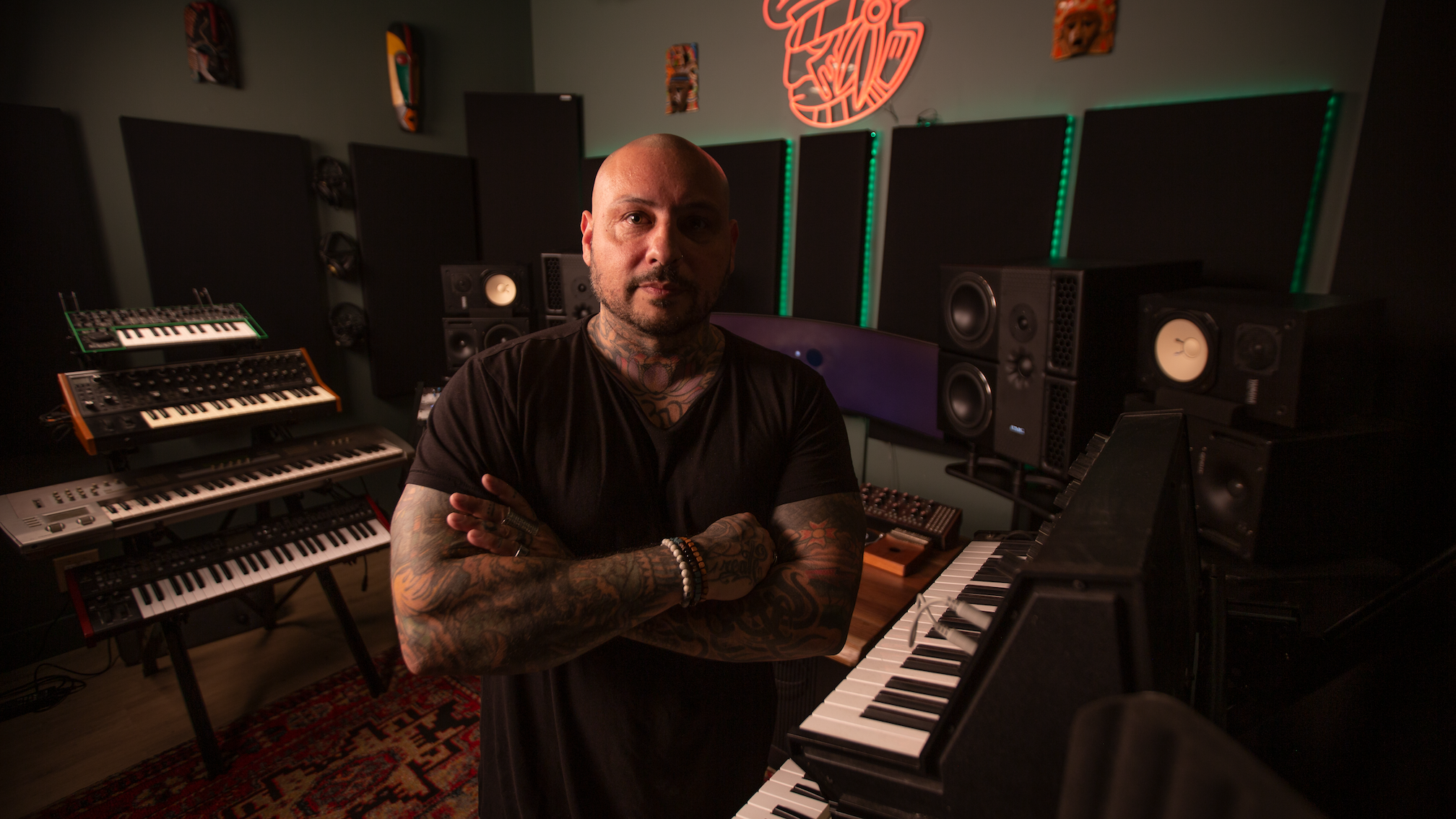
“The goal of Maya Records was and always will be to provide a platform for high-quality music”
It's fascinating to see the breadth of your influence in the scene, collaborating with artists as diverse as Diplo, Green Velvet, and Harry Romero. How do you perceive this impact on your career, and what is the significance, for you, of having your music featured in the sets of artists as varied as Damian Lazarus, Dixon, and Seth Troxler?
I have always chosen who I collaborate with very carefully. I mainly partner with artists that I respect and inspire me, and also those that provide different perspectives and challenge me to grow.
Working with Harry Romero here in New York always has a consistent flow and synergy. We have more HR & SKI productions coming in the near future.
In addition to the artistic benefits, collaborations also offer the opportunity to reach a larger fan base. By tapping into each other's networks, our music can resonate with a wider audience.
It is amazing and inspiring to have my music played by so many artists and peers that I respect. We make the music so it can be shared and I’m so grateful to have it played on so many stages.
We're excited to learn about an upcoming album on Crosstown Rebels, a label where you've previously released. Can you share any insights into this project? What has the creative process been like, and what are your goals for this album?
This is a project I am really excited about and have been working on for a while now. I’ve always been into Damain Lazurus’ Crosstown Rebels label. We’ve had a long working relationship, so when Damien approached me to do an album I was happy to oblige.
For this album I am planning to explore different genres and styles of electronic and organic music I love. From deep vocals to afro, latin, and reggae dub influences, I’m working to create a diverse and eclectic musical journey.
Looking ahead, how would you like to be remembered within the electronic music scene?
I hope to be remembered for consistently sharing quality music and unwaveringly staying true to my sound. Remembered for the passion and love I have for this music that is exhibited through a release catalog of thousands of songs and touring schedule that rarely allows time off. I love what I do — so it never feels like work — even when most time not on the road is spent in the studio creating.
Over more than three decades in the industry, you've built a remarkable career, left a lasting legacy, and continue to inspire new generations. Considering this journey, what message or advice would you like to share not only with your fans but also with emerging artists aspiring to follow in your footsteps? Thank you!
First and foremost — I would like to thank all the fans who have supported my music on this long journey. I hope my music can inspire the next generations. Music is very powerful so I am truly humbled and honored that I have the ability to spend my life loving what I do.
As far as advice goes: stay true to who you are as an artist. Music is like fashion — there are trends that come and go. Believe me. I have seen my share in the last 3 decades. Artists who prioritize authenticity often stand the test of time. Do it for the love and the right reasons, work smart, never give up and you will succeed.
Follow Joeski on Instagram | Soundcloud | Spotify | Beatport


